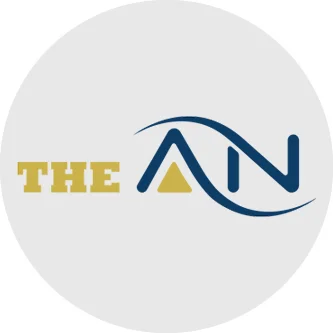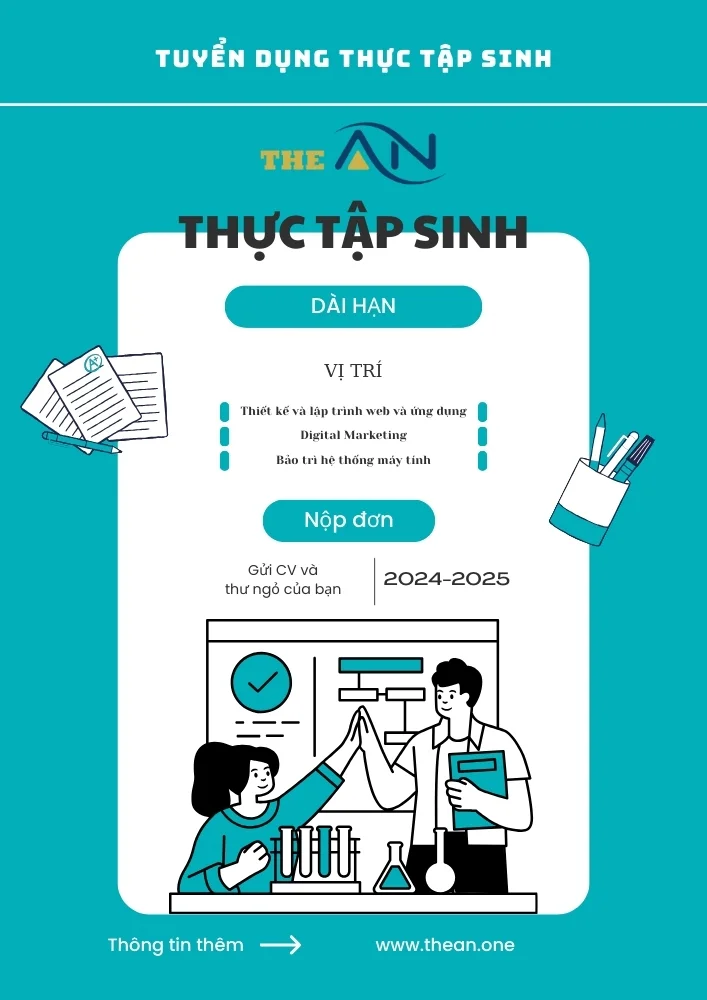Reciprocal Pronoun

The pronoun, and particularly the reciprocal pronoun, will be the center of our attention. Let’s start with an explanation of a pronoun. In a language, a pronoun is a term that replaces a noun, or another pronoun. A reciprocal pronoun is one that links two previously defined nouns that are both getting the activity at the same time.
Reciprocal Pronoun:
A reciprocal pronoun is one pronoun that indicates that more than one person is performing or has performed some sort of activity, including both reaping the advantages or drawbacks of that effort at the same time. Reciprocal pronouns are employed whenever anything is performed or provided in exchange. The same is valid whenever equal activity is conveyed. We cannot utilize these pronouns with subjects such as I, he, you, it, and she.
Definition of Reciprocal Pronoun:
The name reciprocal implies reciprocity; therefore, a reciprocal pronoun is a sort of pronoun used to refer to a number of people who belong to the subjects of the exact same verb in a phrase. This pronoun is usually the verb’s object, making a reference to the multiple people who are functioning as subjects.
Since more than one person performs this very same function or activity in relation to a verb in a phrase, the reciprocal pronoun is employed.
Examples of Reciprocal Pronouns:
- Students discussed their questions with one another.
- Father and son love each other.
- We can’t see one another in dark.
- The team congrats one another after winning.
- We know each other very well.
- Me and my sister like to prank each other.
- They played against one another.
- We gifted one another on Christmas.
- Both teams are fighting with each other.
- The kids shared their games with one another.
When to Use a Reciprocal Pronoun?
- Reciprocal pronouns are simple to employ in the English language and relate to information to identify nouns. They are employed whenever one individual takes action to someone else and the other individual reciprocates.
- The reciprocal pronoun “each other” is employed when referred to just two persons involved in similar action. The reciprocal pronoun “one another,” in contrast side, is employed to indicate to more than two individuals.
- Yet, both reciprocal pronouns are frequently employed interchangeably in everyday English. As a result, the usage of one another and each other is fully influenced by the context of the phrase.
- It’s worth noting that the possessive kind of reciprocal pronouns is usually handled as singular, with “s” appended at the finish. The prime reason for this is because “each other” and “one another” both refer to members of a group or pairs. As a result, they cannot use the plural possessive pronoun. However, nouns following the possessive form of reciprocal pronouns are often pluralized.
Use of ‘Each other’:
Each other is made up of two single pronouns that appeared in early Old English. Technically, each other indicates a single reciprocal relationship. According to numerous estimates, each other is more prevalent than one another. It could be due to their varying level of formality.
Use of ‘One another’:
Within 16th century, one another reached the English vocabulary. One another implies to numerous ensure continued at the same time. You prefer to utilize each other in scenarios with acquainted individuals, whereas generic assertions use each other. If individuals have a predilection, they continue to stick to each other.
Reciprocal Pronoun – Practice Questions:
Choose the suitable Reciprocal Pronouns from the following sentences.
- Neha and Priya helped ______ in their projects.
- We made sketches of _______.
- The two friends looked at _____ and smiled.
- The magnet and the iron stick with ______.
- The brothers loved ______ a lot.
- The teams compete with _____.
- We all are dependent on ______.
- The children spend their holiday playing with ______.
- My cat and rabbit fight with ______.
- My family are very helpful and kind to ______.
Answers:
- Neha and Priya helped each other in their projects.
- We made sketches of one another.
- The two friends looked at each other and smiled.
- The magnet and the iron stick with one another.
- The brothers loved each other a lot.
- The teams compete with one another.
- We all are dependent on one another.
- The children spend their holiday playing with one another.
- My cat and rabbit fight with each other.
- My family are very helpful and kind to one another.
Frequently Asked Questions on Reciprocal Pronoun:
Q1. What is a Reciprocal Pronoun?
Answers:
A reciprocal pronoun is one pronoun that indicates that more than one person is performing or has performed some sort of activity, including both reaping the advantages or drawbacks of that effort at the same time. Reciprocal pronouns are employed whenever anything is performed or provided in exchange. The same is valid whenever equal activity is conveyed. We cannot utilize these pronouns with subjects such as I, he, you, it, and she.
Q2. What is the difference between ‘Each other’ and ‘One another’?
Answers:
“Each other”
Each other is made up of two single pronouns that appeared in early Old English. Technically, each other indicates a single reciprocal relationship. According to numerous estimates, each other is more prevalent than one another. It could be due to their varying level of formality.
“One another”:
Within 16th century, one another reached the English vocabulary. One another implies to numerous ensure continued at the same time. You prefer to utilize each other in scenarios with acquainted individuals, whereas generic assertions use each other. If individuals have a predilection, they continue to stick to each other.
Q3. Can ‘each other’ and ‘one another’ be used interchangeably?
Answers:
There existed a period when each other had various purposes. Currently, it’s acceptable to utilize both terms interchangeably, although one implies a level of knowledge, whereas more broad statements include both.
Q4. Give some examples of Reciprocal Pronouns.
Answers:
- Students discussed their questions with one another.
- Father and son love each other.
- We can’t see one another in dark.
- The team congrats one another after winning.
- We know each other very well.
- Me and my friends like to prank one another.
- They played against one another.
- We gifted one another on Christmas.
- Both teams are fighting with each other.
- The kids shared their games with one another.
Quý anh/chị đang tìm kiếm một doanh nghiệp uy tín cung cấp dịch vụ Công Nghệ Thông Tin như Thiết kế và lập trình website, Digital Marketing, hoặc dịch vụ Bảo trì và chăm sóc hệ thống máy tính, ...? Đừng ngần ngại hãy liên hệ với The ÂN qua số điện thoại (+84).326.418.478 để được tư vấn cụ thể, hoặc liên hệ qua mẫu tin.
Các thông tin nổi bật khác:









